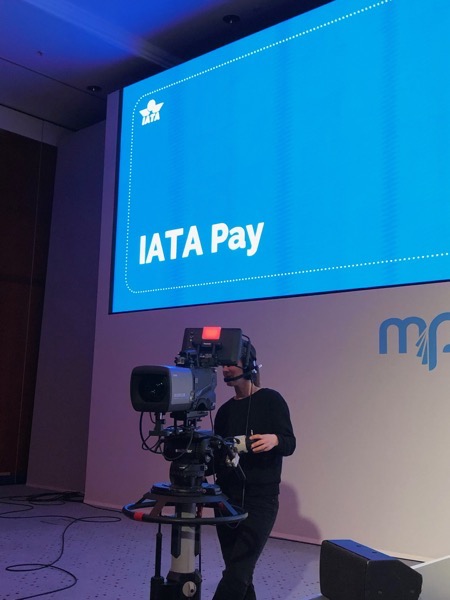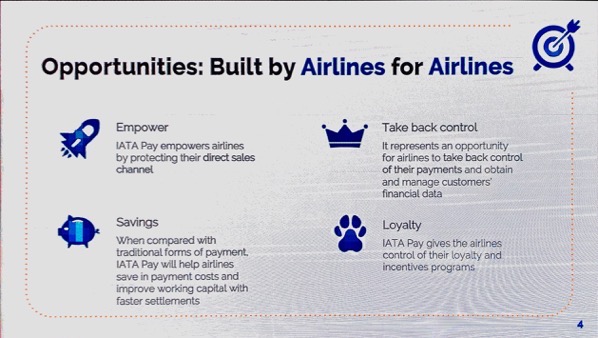The Irish central bank's decision to authorise Google Payment Ireland under the second Payment Services Directive (PSD2) attracted a fair bit of comment, some of it informed. As Finextra pointed out, this does not grant Google with the ability to offer a full banking service including bank accounts, but they don’t need to because with a PI licence they can obtain API access to bank accounts under PSD2.
The licence means that Google can offer PSD2 Payment Initiation Services (PIS) and Account Information services (AIS)
It’s an obvious move for Google. My good friend Simon Lelieveldt noted in his blog on the subject, that this makes "Google Brexit-proof and PSD2-proof” which would be reason enough to do it, but it’s important to understand just how disruptive this licence might be.
I wrote about this back in 2017 for Wired, pointing out that changes in regulation "mean the tech giants will soon be able to access customers' bank account data” and that companies such as Google would take this obvious step in order to gain access to financial services infrastructure without the overheads and scrutiny that a banking licence involves. Similarly, I’ve commented before that it makes sense for Amazon to get such a licence, not a banking licence because there is nothing that the banks can do to stop Amazon from becoming a neo-bank. PSD2 means that bank customers will give Amazon permission to access their bank accounts, at which point Amazon will become the interface between the customer and financial services.
Hence my point just how disruptive this might be. Only last month, banks in Spain were complaining (with some justification) that there are considerable implications to Google, Amazon and Facebook entering the financial services industry. This is because the introduction of PSD2 means that these new “big tech” entrants can benefit from asymmetric regulation and extend their appeal to consumers. The regulation is asymmetric, as my colleague Tim Richards I discussed in our “fireside chat” last year, because it means that tech companies can access banks’ customer data but the banks do not get to access the tech companies’ customer data.

The impact of open banking is, of course, not limited to the tech giants. At the Merchant Payments Ecosystem conference in Berlin in February, where I had the honour of kicking off that excellent event, I saw a very interesting presentation from Javier Orejas (Head of Banking Management EMEA at IATA) and Benjamin Madjar (Head of Global Treasury Solutions, Deutsche Bank). Deutsche Bank is a building a PSD2 push payment solution for European corporates and are running a pilot scheme with IATA.

(Actually, there were a number of sessions at MPE about the use of open banking to provide new, direct from account, instant credit transfer payment options. Adyen announced the launch of their service during the event and Klarna gave interesting presentation on their approach too.)

Anyway, IATA Pay is an industry-supported initiative to develop a new payment option for consumers when purchasing airline tickets online. It uses PSD2 to instruct transfers direct from customer accounts and I think it might turn out to be one of those things that economists call a "weak signal" of change? Looking back, I think we'll see a kind of inflexion point where major retailers started to bypass the card networks and use open banking to go straight to the customer account.
"Hello this is British Airways. Click here to pay by IATA Pay and get double Avios”.
We spend a lot of time speculating on what might happen when the internet giants get access to bank accounts, but it could be just as big a deal across major retail categories. A year ago we wrote that "platform-provided strong authentication to retailer apps will allow them to bypass the existing card infrastructure (with some projections indicating that a third of European card volume could disappear in the coming years) and perhaps even the physical POS itself”.
We’ve said it before and we’ll say it again: open banking is a much bigger deal than many people think.
Comments
Post a Comment